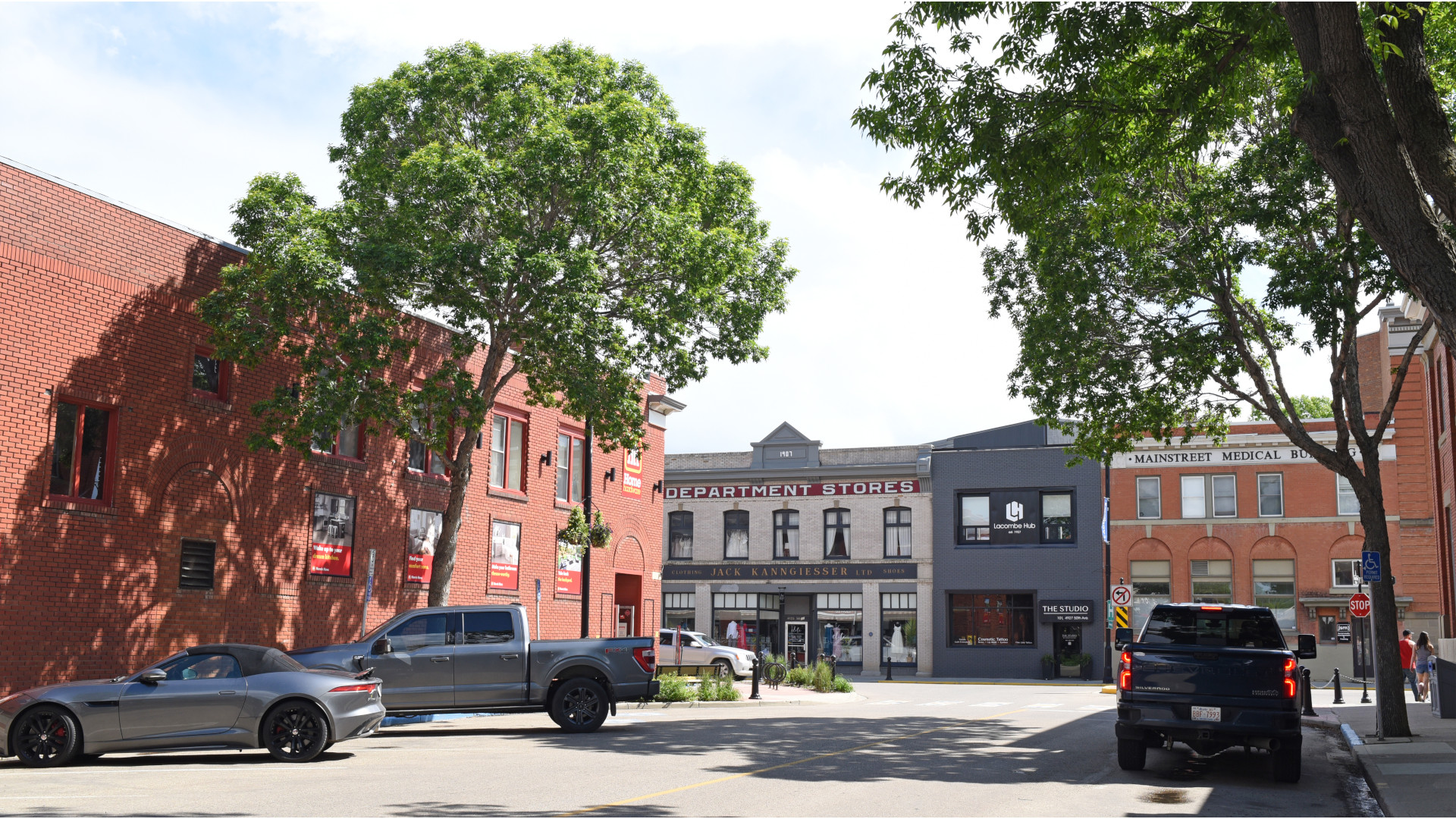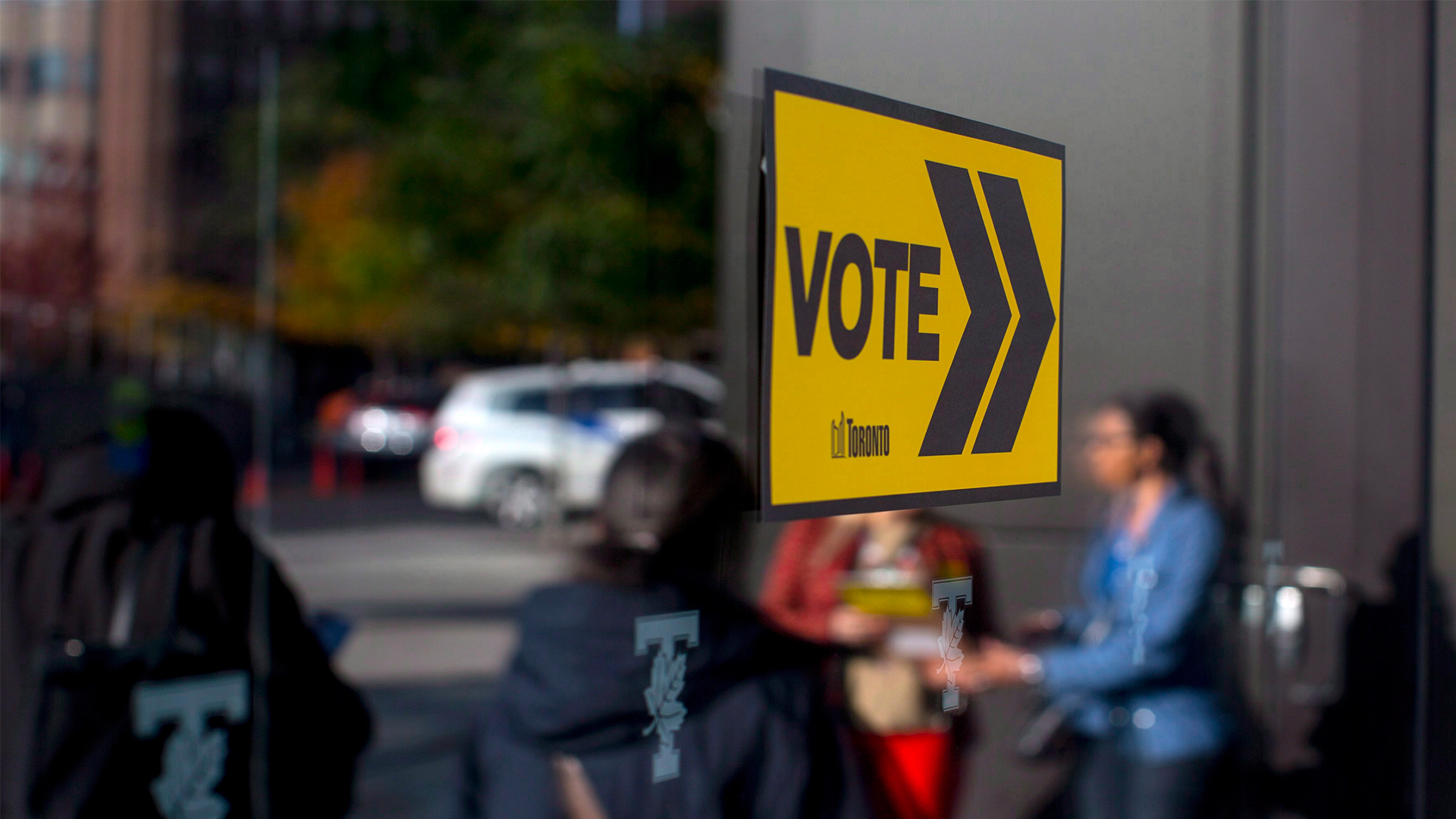
Canadian municipal governments are experiencing a crisis of engagement. In Canada’s 20 largest cities, voter turnout declined by an average of 4.9 percentage points across the last two election cycles. In Ontario’s 2022 municipal elections, average turnout dropped to a record low of 36.3 per cent. While some cities have been able to buck this trend, more and more eligible municipal voters are choosing to stay home on election day.
One possible way to revitalize municipal elections is to reintroduce a long-lost player – the municipal political party. Political parties have participated in Canadian local elections in wide-ranging forms – from distinctive local parties such as COPE in Vancouver or Projet Montréal to local branches of well-known provincial or federal parties, such as the Green Party of Vancouver or even Stephen Clarkson’s (long-defunct) Toronto Liberals. These parties ran spirited campaigns that combined a focus on local issues with a coherent platform and central organizing. While parties remain common in cities in Quebec and British Columbia, they faded decades ago in most other provinces.
Despite their current absence, there are good reasons to believe that local parties could make for healthier municipal elections. As part of our research, however, we have collected survey data that suggest the majority of Ontarians oppose the introduction of parties at this time. Politicians – both provincial and municipal – would be wise to be cognisant of the public’s views when contemplating changing the independent-based nature of local politics in Ontario.
Some provincial governments see conflict with municipalities – and gain from it
Parties make it easier for voters to hold their elected officials accountable. If you don’t like what the party leading council has been doing, you know who to blame at the next election. This is part of the reason why incumbent politicians in partisan cities such as Vancouver have a harder time getting re-elected than in non-partisan cities such as Toronto. Political parties would probably also raise turnout. Voters use a candidate’s party affiliation as a quick and useful piece of information when making their voting decisions. When party information isn’t available, many voters just stay home. This partisan “shortcut” isn’t because voters are dumb; it’s because they’re smart. Why painstakingly study the platforms of dozens of candidates when a simple party label will tell you pretty much everything you need to know?
In Ontario, provincial legislation to encourage local political parties is not inconceivable. The provincial government has not been shy about making changes to local elections in the province, having redistricted in Toronto and eliminated regional chair elections in 2018, and having created “strong mayors” in Toronto and Ottawa in 2022.
Currently, fundraising and advertising rules in Ontario make it difficult for parties to contest municipal elections. Candidates must raise and spend funds as individuals, rather than as an organization (i.e. parties). Even in the absence of changes to provincial legislation, however, candidates could simply choose to co-develop platforms, develop consistent lawn signs and campaign colours, and describe themselves as members of a coherent election slate.
But how would Ontarians feel about such a change? Would they prefer that local elections be contested by parties or independent candidates? To consider this question – as part of a research project led by Cameron Anderson at Western University – we asked Ontarians during the 2022 municipal elections about their views toward parties. Slightly more than 4,000 respondents were recruited from Leger’s online panel. We weighted the data for age, gender and education to maximize the representativeness of the sample.
Over the years, Canadian pollsters have occasionally asked citizens for their views on municipal political parties. But our survey question added an important twist. We asked our respondents not only for their thoughts on provincial or federal parties getting involved in municipal politics, but also for their views specifically on municipal political parties.
In other countries, including the United Kingdom and the United States, major national parties regularly run candidates for office at the local level. There is no reason in principle that major Canadian parties such as the Liberals or the Conservatives couldn’t do the same. However, the political parties that exist now in Canadian cities tend to be unique to the municipal level, such as COPE or ABC Vancouver or Équipe Denis Coderre pour Montréal. So, when we think about citizens’ attitudes toward municipal parties, we need to know about the kinds of parties that those citizens might have in mind when they answer our questions.
Our survey questions allow us to disentangle these different possibilities.
One-third of respondents received the simple question, unadorned with any additional detail or context, of whether they think “municipal candidates in Ontario should run as independents, or as members of parties.”
Another one-third received the same question, with an added preamble to the question, explaining that municipal elections outside Ontario regularly featured candidates who ran as members of “unique municipal political parties, such as the Civic Government Association or the Coalition of Progressive Electors.”
For the final one-third, we added a similar preamble but mentioned parties “such as the Liberals, Conservatives, or NDP.” This setup not only allows us to understand Ontarians’ attitudes toward municipal political parties in general, but also how much those attitudes shift when we explicitly describe the parties as uniquely municipal or closely connected to provincial or federal politics.
Survey respondents were clear in their preference for the status quo. Some 40.3 per cent of respondents stated that they prefer independent candidates, while just 22.6 per cent wanted to see parties at the local level. However, a full 37.1 per cent had no opinion, suggesting that a substantial fraction of Ontarians have not considered the issue.
Interestingly, these attitudes change little when we add additional information to the question. In fact, the differences in responses among the three groups are statistically indistinguishable. Ontarians’ negative views of parties in municipal politics do not hinge on the type of party that might run locally; overall, they are just as opposed to unique municipal parties as they are to Liberals or Conservatives seeking local office under the party banner.
One might reasonably expect more support for local parties, which are able to focus on city-specific issues. An argument could also be made in favour of parties that match the other levels of government, as this would reduce the effort necessary to learn the candidates’ platform. However, what we see is that Ontarians are broadly opposed to local parties of any type.
What, then, are the policy lessons we might learn from this analysis?
Whatever merits local parties may have, any Ontario government that wishes to allow or encourage them will do so in the face of a very skeptical public. For those on the pro-parties side, the enormous percentage of “don’t know” responses may represent a glimmer of hope. Perhaps some of these undecided Ontarians could be persuaded about the value of local parties. But among Ontarians who do hold an opinion on the matter, there is a strong preference for the non-partisan status quo.
This antagonism toward parties is consistent, regardless of the type of party that might emerge in municipalities, so legislation that might prevent provincial or federal parties from forming local branches would not improve the chances of public support.
What’s more, even if provincial governments were to change the rules to encourage local parties, local candidates might still insist on running as independents, fearing that local voters would punish them for introducing political parties into the local arena. In short, those – whether inside the provincial government or outside it – who support municipal parties have a great deal of work to do to convince the Ontario public to get on board.
This survey was fielded by Leger and funded by a grant from the Social Sciences and Humanities Research Council of Canada. The 4,038 respondents were all eligible to vote in the 2022 Ontario municipal elections. Data were collected between Sept. 28 and Oct. 20, 2022. Participants were recruited via an online panel and the surveys were administered online. A margin of error cannot be associated with a non-probability sample (i.e., a web panel). For comparison purposes, a probability sample of 4,038 respondents would have a margin of error of +/-1.5 percentage points, 19 times out of 20.











